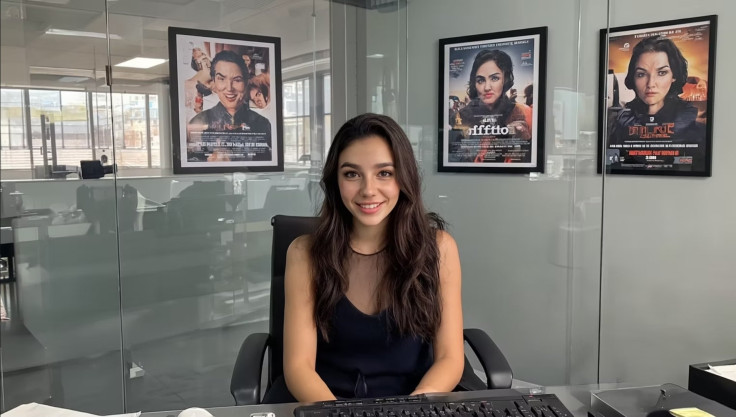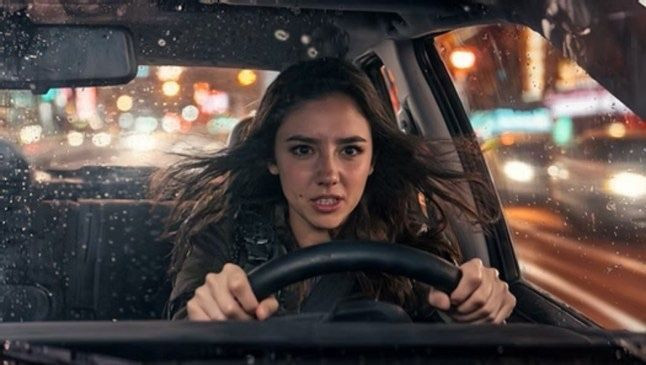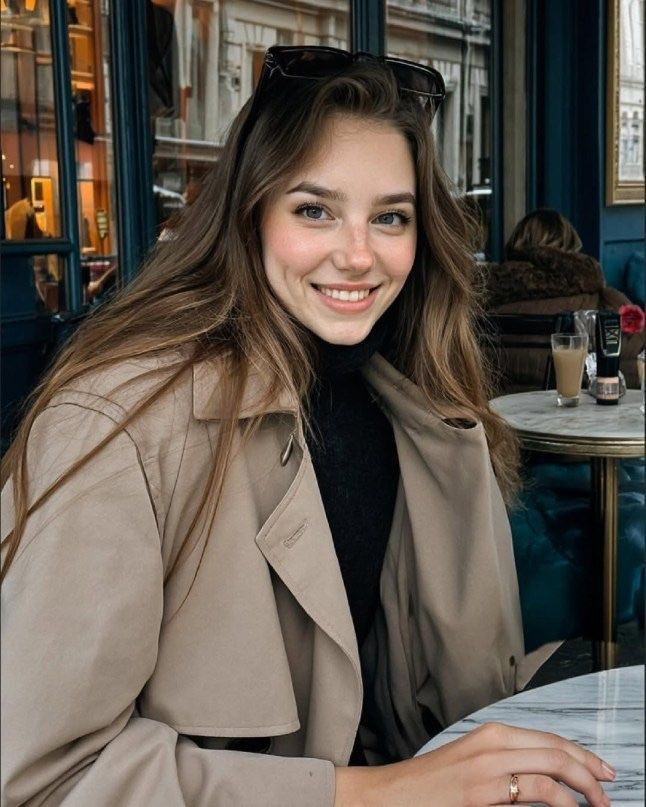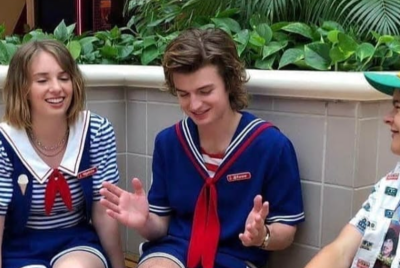Is Tilly Norwood the Beginning of AI Fame? Why Hollywood Could Be Facing Its Next Big Disruption
Tilly Norwood's rise as an AI star is sparking backlash and debate—could she redefine celebrity as we know it?

Tilly Norwood looks every inch the rising star: striking features, natural poise, and an undeniable screen presence. But she is not human. She is an AI-generated actress created by Xicoia, a spin-off talent studio founded by Eline Van der Velden.
Her debut in a short-form comedy sketch went viral earlier this year, fooling many into believing she was a real person. Now, her emergence has sparked a fierce debate in Hollywood about the ethics, artistry, and risks associated with synthetic performers.
Who Is Tilly Norwood?
Tilly Norwood is the debut creation of Xicoia, an AI talent studio spun off from Particle6, founded by comedian and entrepreneur Eline Van der Velden. Norwood first appeared in a short-form comedy sketch earlier this year; her performance was so polished that many viewers assumed she was human.
Van der Velden insists Norwood is 'a creative work – a piece of art,' not a threat to actors but a new tool for storytelling. 'Just as animation, puppetry, or CGI opened fresh possibilities without taking away from live acting, AI offers another way to imagine and build stories,' she wrote on social media.
The Backlash Begins
Hollywood's response has been swift and visceral. Actress Mara Wilson, best known for Matilda, took to Instagram to question the ethics of Norwood's creation: 'And what about the hundreds of living young women whose faces were composited together to make her? You couldn't hire any of them?'
Melissa Barrera, star of In the Heights, was more direct: 'Hope all actors repped by the agent that does this, drop their a$$. How gross, read the room.'
Actor Nicholas Alexander Chavez dismissed the hype, commenting on Deadline's post: 'That's not an actress—nice try.' Lucy Hale offered a blunt rebuttal, simply replying: 'No.'
Their outrage echoes broader fears about automation in the arts—fears that were front and centre during the 2023 SAG-AFTRA strike, where protections against AI-generated performances became a rallying cry.
The backlash hasn't been confined to industry insiders. Across social media platforms, the public response to Tilly Norwood has been equally charged.
Comment sections on her debut video were flooded with scepticism, with many users expressing discomfort over the idea of an AI actress potentially replacing real performers.
Eline Van der Velden,
— BRENDAN CLEMENT (@BRENTHETIMELORD) September 29, 2025
I hate to say, but stop saying that your AI character Tilly Norwood is not a replacement for a human being. It is. Instead of wasting your time defending it, go create something else that's ISN'T AI and takes good effort instead of being lazy. Disgusting. pic.twitter.com/n1uxrhdBDe
Fame Without Flaws
Tilly's rise also reflects the evolving ideas surrounding public image and performance.
As an AI-generated figure, she offers a version of celebrity that's consistent and carefully managed—free from the unpredictability that often accompanies real-life fame.
For some, this represents a new creative frontier; for others, it raises questions about authenticity and emotional connection.


AI-generated 'actress' Tilly Norwood eyed by talent agents, could star alongside real actors in film and TV
— Catch Up (@CatchUpFeed) September 29, 2025
You may live to see man-made horrors beyond your comprehension... pic.twitter.com/116pErjG7h
Whoopi Goldberg addressed this unease on The View, noting that AI actors have an 'unfair advantage' because they are composites of thousands of performers. 'It's got Bette Davis' attitude, it's got Humphrey Bogart's lips,' she said. 'Our faces move differently, our bodies move differently.'
The Human Cost
For working actors, the implications are stark. If studios begin favouring digital performers—who never tire, never demand residuals, and never go off-script—what happens to the human craft of acting? Contracts, casting calls, and even the concept of celebrity could be rewritten.
Van der Velden maintains that AI characters should be 'judged as part of their own genre, on their own merits.' However, that genre is already bleeding into the mainstream, and the line between synthetic and authentic is growing thinner by the day.
Curtain Call or Opening Act?
Tilly Norwood may be the first AI actress to go viral, but she won't be the last. Her existence forces us to ask uncomfortable questions: What do we value in a performer? Is it talent, humanity, or marketability? And if audiences can't tell the difference or don't care, what becomes of the real thing?
Hollywood has endured revolutions before—from the introduction of talkies to the rise of CGI—but this one cuts deeper. AI doesn't just alter production tools; it also revolutionises them. It questions the very meaning of being seen on screen.
© Copyright IBTimes 2025. All rights reserved.





















